Tufan Erhürman won elections in northern Cyprus on 19 October, dealing a blow to the Turkish government. Rebecca Bryant writes the international community must now view Turkish Cypriots as legitimate political actors and help them to realise their political will.
On 19 October, the citizens of the unrecognised state in north Cyprus went to the polls to elect a new leader. The result was a whopping defeat for the hard-right incumbent, the favourite of the Turkish government.
The centre-left candidate, Tufan Erhürman, garnered a landslide victory with a grassroots campaign that promised inclusion against polarisation and increased autonomy over growing dependence on Turkey. This small community of only 218,000 voters defied Ankara’s pressure and threats and, in the process, found a voice and hope.
Will Erhürman’s victory lead to a federal Cyprus?
Much international news about the victory has emphasised the door this opens to new peace talks on the island. Certainly, Erhürman will push his Greek Cypriot counterpart to return to the negotiating table, after five years in which “President” Ersin Tatar had mouthed Ankara’s talking points and rejected dialogue.
In recent years, the Turkish government has adopted an increasingly hardline stance towards Cyprus, overtly pushing for a two-state solution and recognition of the Turkish Republic of Northern Cyprus, Turkish Cypriots’ de facto statelet. Tatar’s defeat also sidelines the two-state option and will force the Turkish government to realign its policies.
However, not everyone who supported Erhürman prioritised the federal solution that the two Cypriot leaders will negotiate. And in his campaign, even more than a federal solution Erhürman emphasised dignity and overcoming political and social divisions.
Indeed, his 63 percent win was only possible with the support of voters across the political spectrum, including the children and grandchildren of Turkish settlers, young people who were born on the island but do not enjoy all the rights of native Cypriots. Erhürman’s slogan, “Together we are putting our signature on the future”, both countered the hopelessness of the previous five years and modelled an end to social divisions.
Erhürman’s landslide victory was the result of months of inclusive campaigning focused on regaining Turkish Cypriots’ political will and voice. The result was a clear message to Ankara that despite its heavy-handed attempts at election interference, Turkish Cypriots will decide on their own future.
But it was also a campaign that engaged in soul-searching, unapologetically assessing the realities brought by 51 years of division and redefining what “Turkish Cypriot” means. Throughout his campaign, Erhürman expressed understanding of how young people born on the island have been marginalised, even demonised. As a legal scholar, he understands that international law does not punish children for the sins of their parents.
He imagined, in other words, a new polity, one based on rights rather than origin, democracy rather than polarisation, and one that addresses the new realities rather than ignores them. The problem for Turkish Cypriots is that this democratic message may not be the one that the international community wants to receive, and this expression of agency may not be in a voice that it wants to hear.
Standing up to Ankara
In the island’s south, many commentators immediately began dismissing the election results, saying that they are illegal and meaningless, as all decisions lie with Ankara. The general perception in the south, as well as in many academic articles and in international media, is that the Turkish Republic of Northern Cyprus is only a puppet state that does Ankara’s bidding.
However, while the north may be highly dependent on Turkey, Turkish Cypriots have repeatedly stood against actual attempts to colonise them. They stood up to their nationalist leadership in the early 2000s and supported a UN reunification plan. They staged mass demonstrations against impositions and insults of the Turkish government in 2011.
They also elected a leader that Ankara didn’t want in 2015. Erhürman’s overwhelming victory was primarily a rejection of Ersin Tatar’s willingness to speak in Ankara’s voice. Turkish Cypriots’ repeated assertions of political will, then, simultaneously express their rebellion against Ankara’s authoritarian politics and their presence as their own political force.
These expressions of agency should tell us that the “puppet” moniker so often attached to their statelet does not reflect the more complex realities on the ground. Rather, it derives from hegemonic discourse around the conflict that shapes what we can know about it. The challenge for Turkish Cypriots will be to help the international community see those realities and hear their political voice in a context of epistemic erasure, where the very language to describe the conflict is defined elsewhere, by others.
Rewriting history
A case in point is the decision by the European Parliament, in the days immediately following Erhürman’s election, to erect a monument in Brussels to the Greek Cypriot victims and missing of 1974. As Michalis Hadjipantela, the MEP who proposed the motion, explained, “Europe must remember and stand by the victims of the Turkish invasion. The monument at the European Parliament will be a symbol of memory, awareness, and historical truth for all Europeans.”
Whose historical truth, however? After all, for two decades the United Nations has supported a bicommunal Committee on Missing Persons, which has been tasked with finding all victims of the Cyprus conflict between 1963 and 1974, both Greek and Turkish Cypriot.
The monument, however, will erase Turkish Cypriot victims and implicate the European Parliament in the political rewriting of a history that even the UN has acknowledged. Indeed, the discourse of colonisation and occupation so thoroughly defines the island’s north for much of the world that other realities – such as Turkish Cypriot missing or the inclusive, democratic voices of a people – are ones that cannot be seen because they should not be seen.
Turkish Cypriots and the international community
Today, Turkish Cypriots face numerous problems either created or exacerbated by the past five years of Tatar’s regime. That government’s policy of encouraging construction on Greek Cypriot property has reignited lawfare on the island and has laid waste to the environment.
The explosive expansion of sectors such as tourism, construction and higher education has brought tens of thousands of temporary and permanent residents, some of whom received citizenship. Turkish Cypriots will need help to reverse this destruction – help that should not depend only on the progress of negotiations. Environment and higher education, especially, are areas where increased engagement outside the framework of negotiations is crucial.
Seeing and hearing Turkish Cypriots also entails heeding their oft-repeated desire to work together with international organisations rather than be estranged from them. In the past, the international community’s refusal to see Turkish Cypriots as legitimate political actors and its failure to help them realise their political will has consistently thrown the community back into Ankara’s arms. The challenge this time will be to avoid that grip.
Note: This article gives the views of the author, not the position of EUROPP – European Politics and Policy or the London School of Economics. Featured image credit: Burcinaybars / Shutterstock.com


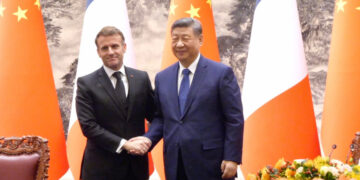
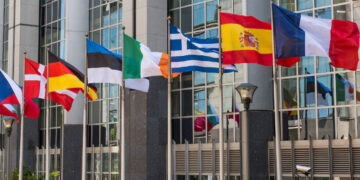



























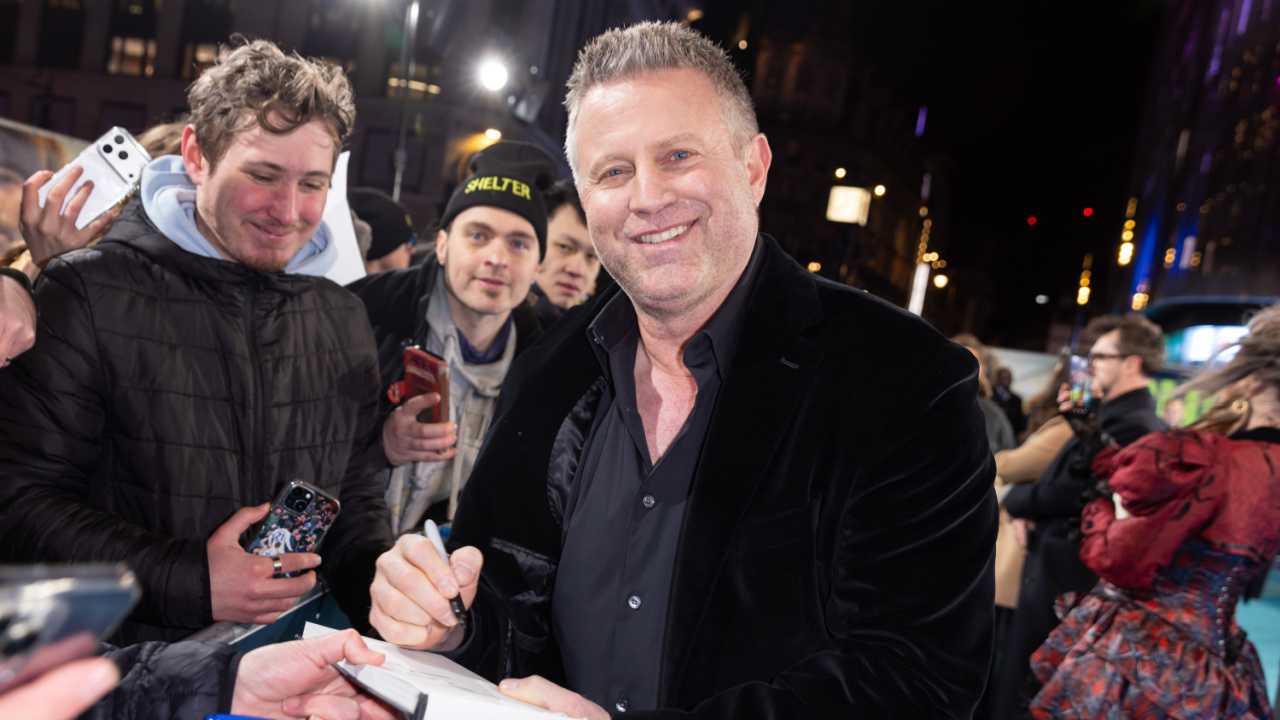

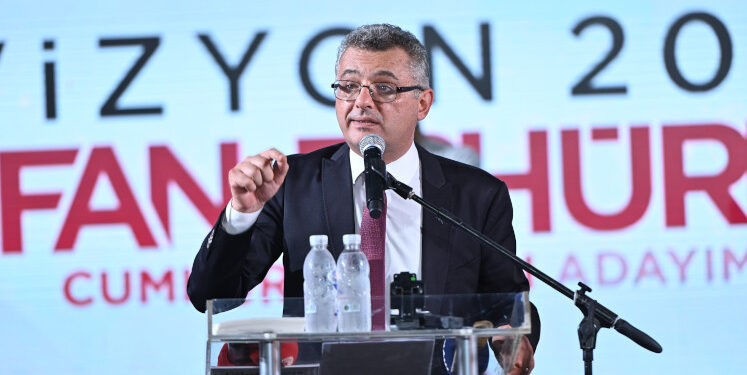
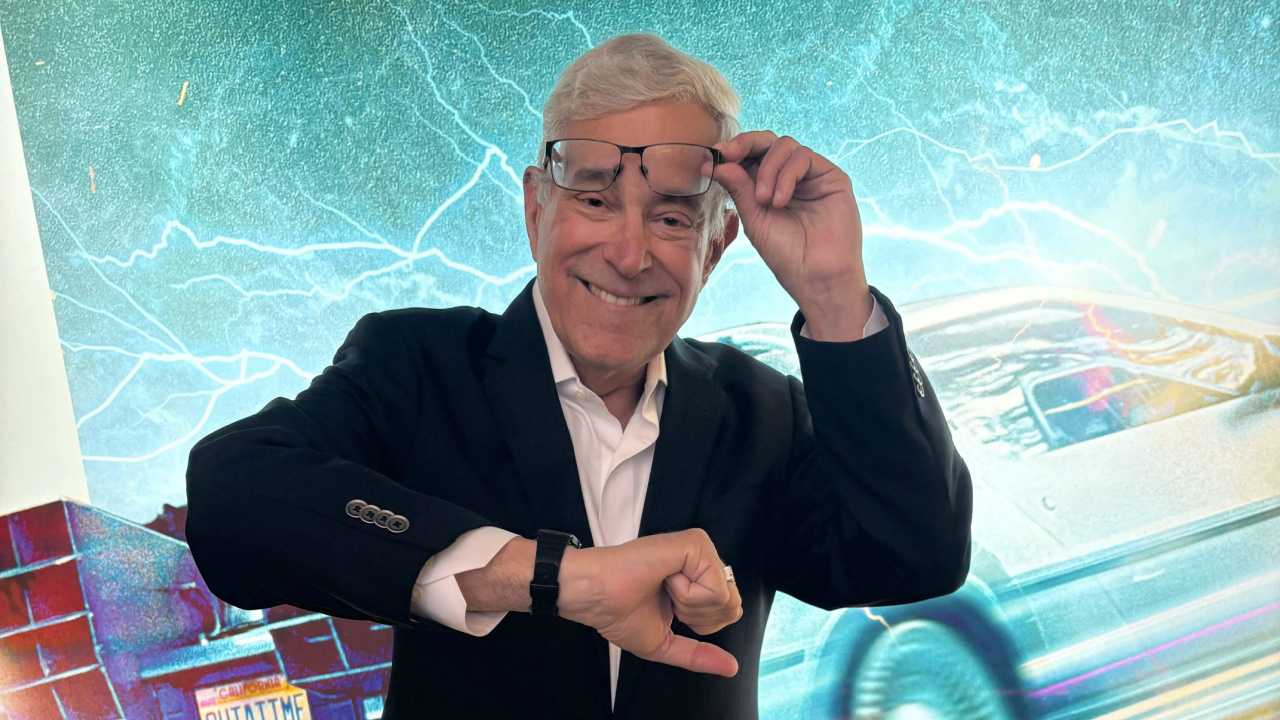



Discussion about this post